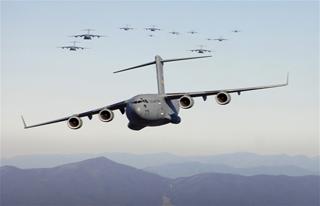
A file photo.
NEW DELHI (PTI): India's concerns over US military aid to Pakistan, threats from terror groups in South Asia and China's military assertiveness in the region are some of the issues that Defence Minister AK Antony is likely to raise with Washington during his September 27-28 visit.
Antony, who will meet US Defence Secretary Robert Gates and National Security Advisor General James Jones, will also discuss pending bilateral agreements such as communication interoperability, logistics support and geo-spatial cooperation, which the Americans have been pressing for in order to upgrade the defence relations to the next level.
Antony, who will leave for Washington this weekend on the invitation of Gates, is also likely to meet US Secretary of State Hillary Clinton during the trip, but this engagement is yet to be finalised.
"Security issues - both regional and global are likely to come up prominently during the talks. The two sides will also discuss measures to expand defence cooperation in various areas," a Defence Ministry statement here said.
The Defence Minister will be taking along with him the next leadership of the Indian armed forces -- Eastern Army Commander Lt Gen Bikram Singh and Andaman and Nicobar tri-services Command Admiral D K Joshi, who are tipped to be the next Army and Navy chiefs respectively -- apart from IAF's Director General (Air/Operations) Air Marshal A K Gogoi.
Defence Secretary Pradeep Kumar and Adviser to Defence Minister Sundaram Krishna too will be part of the high-level delegation, Defence Ministry officials said here.
Concerned over US military aid to Pakistan being misused against it, Antony had recently asked the Obama administration to establish a "monitoring mechanism" to ensure that this does not happen.
Antony had raised the issue during his meeting with both General Jones and also US Joint Chiefs of Staff Chairman Admiral Mike Mullen, who were on a visit to New Delhi in July this year.
The Defence Minister had told the US security top brass that American arms aid to Pakistan was disproportionate to the war on terror for which it was meant.
That apart, he will also discuss the security situation in the region arising out of threats from terror groups operating from Pakistani soil and in its borders with Afghanistan.
Antony will also share information with the US on the increased presence of Chinese military in the region, including the recent reports of PLA's presence in Pakistan Occupied Kashmir and their naval manoeuvres in the Indian Ocean Region.
US officials have been debating with their Indian counterparts the utility in signing the three important agreements -- Communication Interoperability and Security Memorandum of Agreement (CISMOA), Logistics Support Agreement (LSA) and Basic Change and Cooperation Agreement for Geo-Spatial Cooperation (BECA) -- but have not had any breakthrough in this regard.
Though there have been discussions in South Block that at least one of these agreements should be inked when US President Barack Obama visits India in November, there has been no official word on the Defence Ministry being amenable to the idea yet.
India and the US had during the visit of Clinton last July signed the End User Monitoring Agreement (EUMA) that entailed inspection of American defence equipment to India to ensure it was put to use only for the purpose for which it was sold.
These agreements, mandatory under the US laws, are being pushed by the Americans as India has started buying military hardware and software from them in the last few years.
India had bought USS Trenton landing pontoon dock warship (rechristened INS Jalshva) for the Navy a couple of years ago and followed it up with orders for eight Boeing P8I Poseidon maritime reconnaissance aircraft for $2.1-billion (Rs 9500 crore) and six Lockheed Martin C-130J Super Hercules transport aircraft for its special forces worth $ 1 billion (Rs 4500 crore).
It is now looking at an outright purchase of 10 Boeing C-17 Globemaster III military transport aircraft at a cost of $5.8 billion (Rs 26000 crore).
These platforms come with cutting edge equipment for Command, Control, Communications, Computer, Intelligence, Surveillance and Reconnaissance (C4ISR) systems, which entails signing of these agreements for transferring of the best available technology, says the US Administration.
Defence Ministry officials, however, said more talks and negotiations were required for arriving at a final decision on inking the agreements.
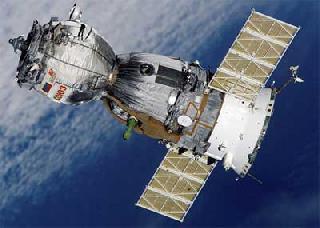 Previous Article
Previous Article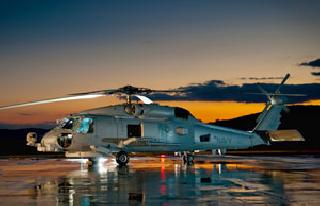 Next Article
Next Article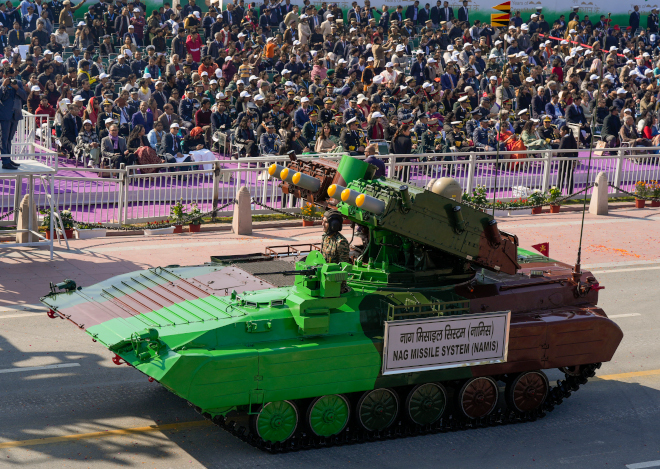
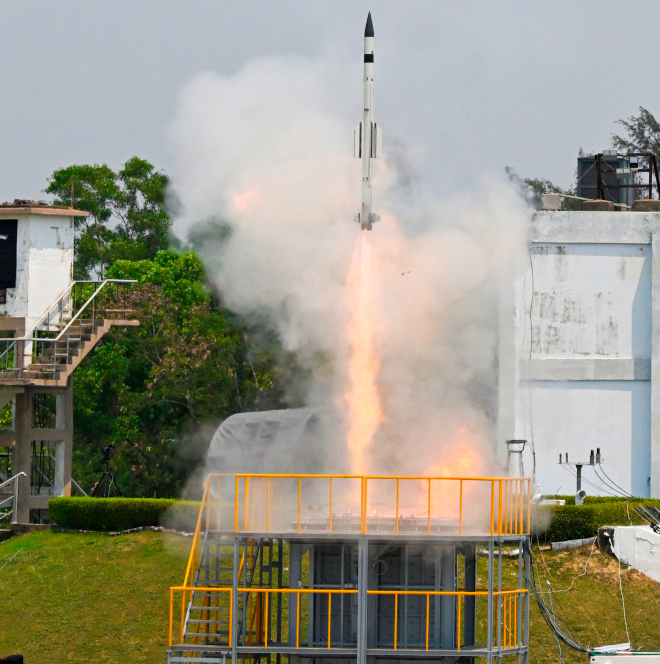
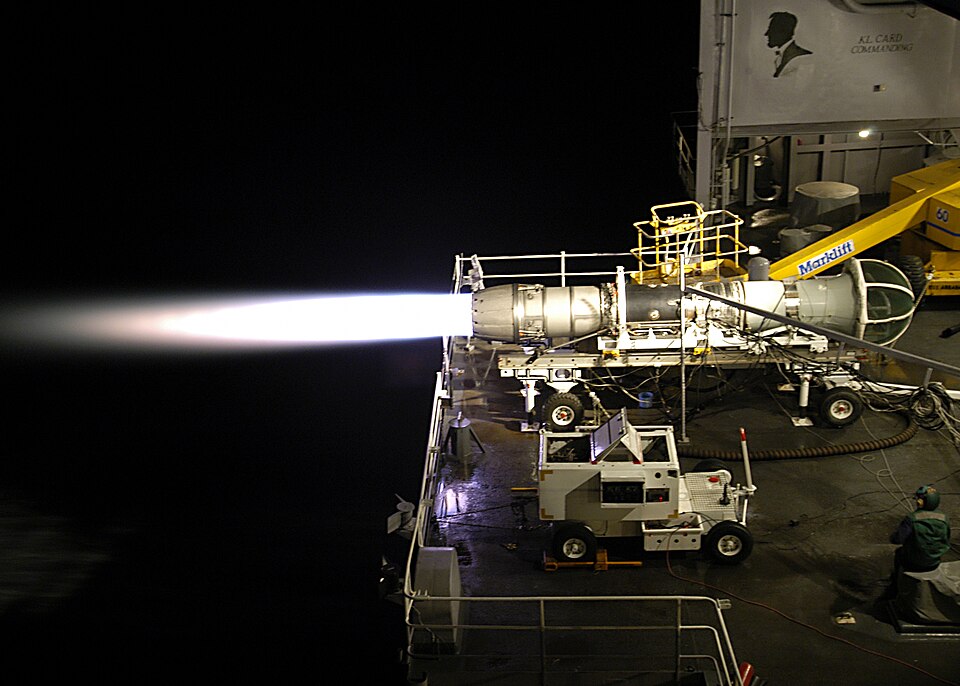
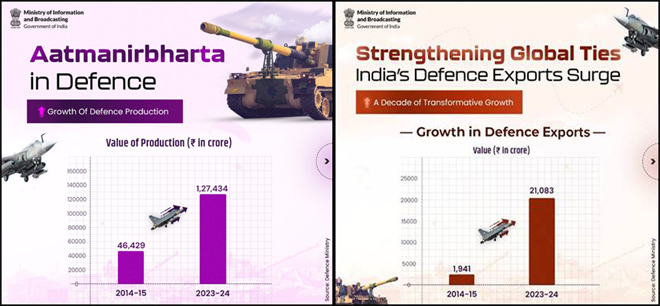










The Indian Air Force, in its flight trials evaluation report submitted before the Defence Ministry l..
view articleAn insight into the Medium Multi-Role Combat Aircraft competition...
view articleSky enthusiasts can now spot the International Space Station (ISS) commanded by Indian-American astr..
view article